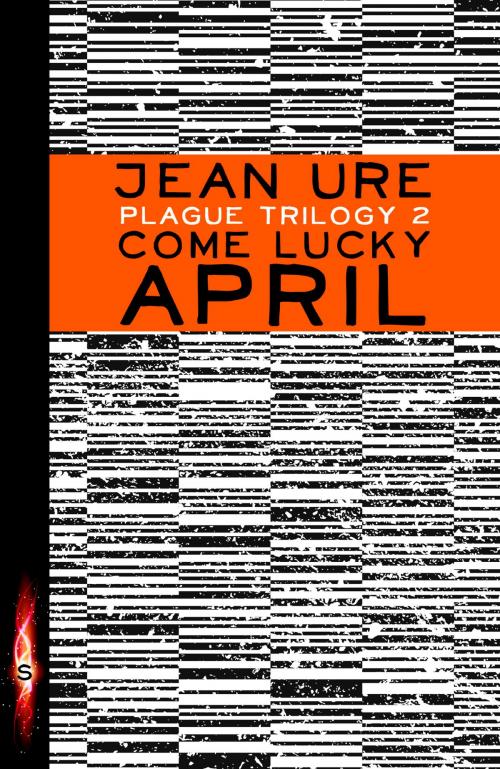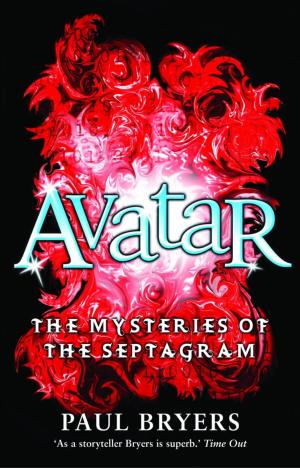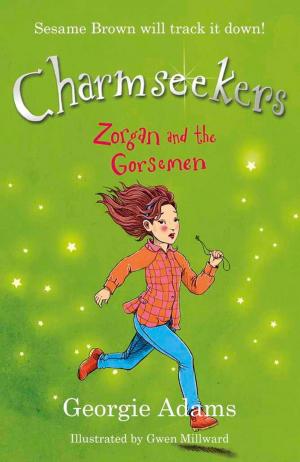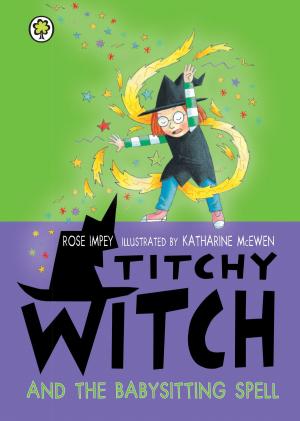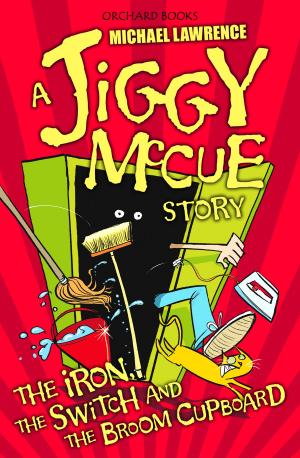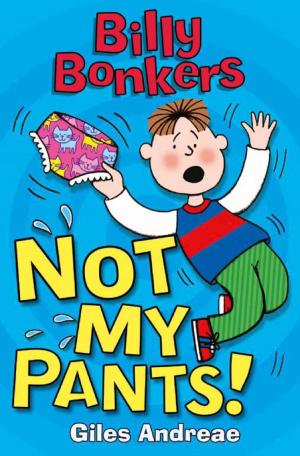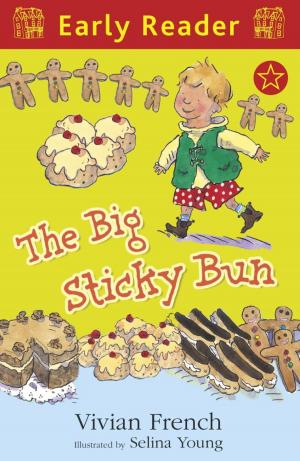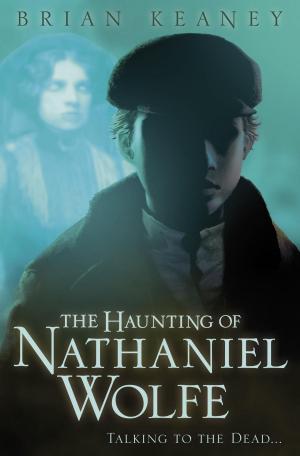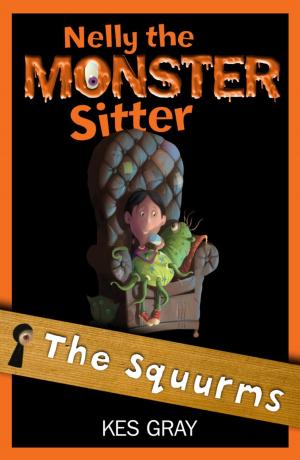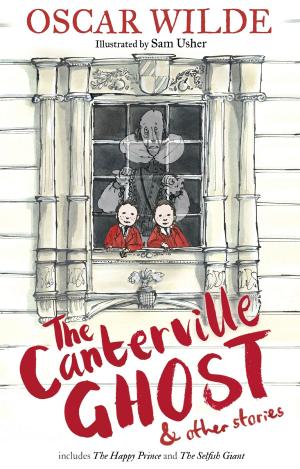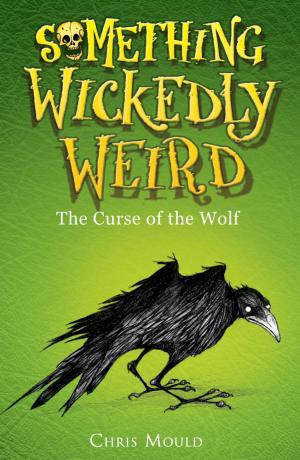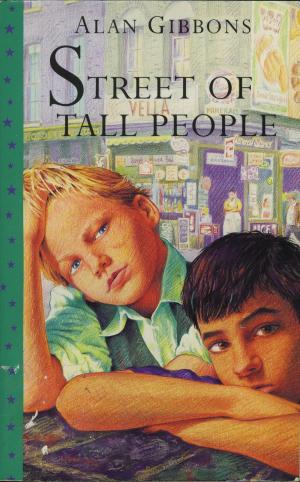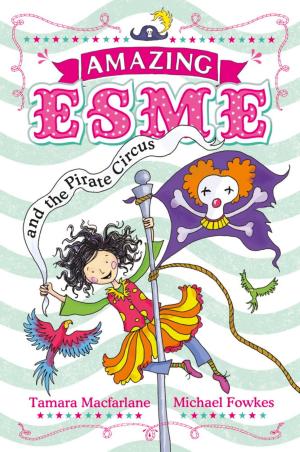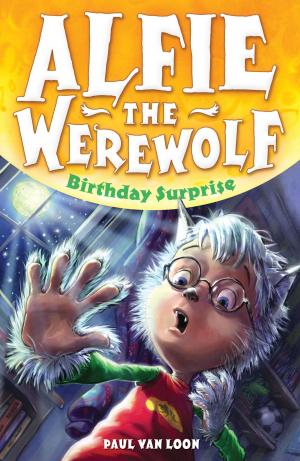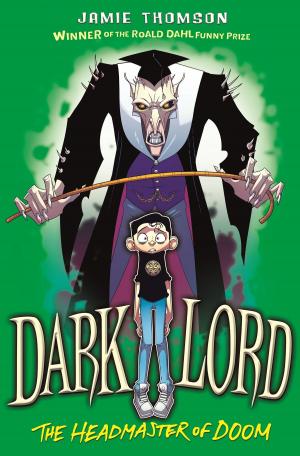| Author: | Jean Ure | ISBN: | 9781444919929 |
| Publisher: | Hachette Children's | Publication: | June 5, 2014 |
| Imprint: | Hachette Children's | Language: | English |
| Author: | Jean Ure |
| ISBN: | 9781444919929 |
| Publisher: | Hachette Children's |
| Publication: | June 5, 2014 |
| Imprint: | Hachette Children's |
| Language: | English |
Come Lucky April is set a hundred years on from Plague 99. Harry's great-granddaughter is a girl called April, who lives in an all-female run vegan society, which is carefully governed to eliminate risk of plague-like situations. Men have shamed themselves and are no longer in power. There's a primitive aspect to life as though the 21st century as we know it never happened.
At 12, boys are exiled for 5 years ...'they went away as barbarians and came back civilised', which means castrated. 'Homecoming' is when they are welcomed back - but how welcome are they?
We meet Daniel, a survivor of a patrician clan, whose quest it is to find unclaimed parts of the 'outside world'. His great grandmother was Fran and his great grand-father was Shahid from the first part of the trilogy. He wants to find the diary that Fran left behind in her family home in Croydon.
In the abandoned house, girls and boy meet ... Daniel and April don't, at first, realise they are connected by their distant ancestors' friendship. A potential romantic attachment forms between them. His presence creates conflict, but they take him into their community, where the conflicts worsen.
Daniel questions everything April has been brought up to believe. He challenges the women's views and their rejection of the orthodoxy he knows. He makes David, a long-term friend of April, question what he has lost as a man.
An exciting novel, rich in texture and passionate in its ideas.
Come Lucky April is set a hundred years on from Plague 99. Harry's great-granddaughter is a girl called April, who lives in an all-female run vegan society, which is carefully governed to eliminate risk of plague-like situations. Men have shamed themselves and are no longer in power. There's a primitive aspect to life as though the 21st century as we know it never happened.
At 12, boys are exiled for 5 years ...'they went away as barbarians and came back civilised', which means castrated. 'Homecoming' is when they are welcomed back - but how welcome are they?
We meet Daniel, a survivor of a patrician clan, whose quest it is to find unclaimed parts of the 'outside world'. His great grandmother was Fran and his great grand-father was Shahid from the first part of the trilogy. He wants to find the diary that Fran left behind in her family home in Croydon.
In the abandoned house, girls and boy meet ... Daniel and April don't, at first, realise they are connected by their distant ancestors' friendship. A potential romantic attachment forms between them. His presence creates conflict, but they take him into their community, where the conflicts worsen.
Daniel questions everything April has been brought up to believe. He challenges the women's views and their rejection of the orthodoxy he knows. He makes David, a long-term friend of April, question what he has lost as a man.
An exciting novel, rich in texture and passionate in its ideas.
